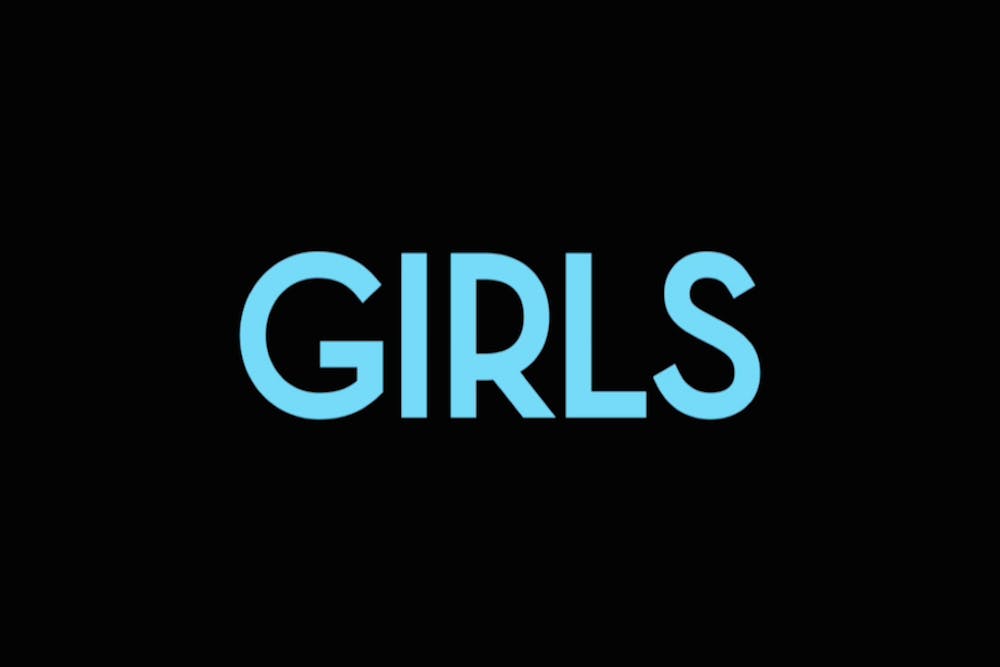The airing of "Girls'" final episode on April 16 seemed to be an equal source of relief and distress for the American public -- maybe more relief.
"Girls" pushed even HBO's boundaries, and the controversy it riled up in viewers and mere observers alike too often undermined its merit as a TV show. Whether people were incensed by Lena Dunham's casual, ubiquitous nudity, or Allison Williams' lack thereof, or Adam Driver's sleazy, greasy-haired presence or his deeply felt absence, the show couldn't win.
It still, however, met showrunner Dunham's goal of representing real young women, each sure they wanted to be somebody but not precisely sure who that somebody was yet. Hannah, Marnie, Shoshanna and Jessa were deplorable at their worst and tolerable at their very best, but that was the point. They embodied the worst of millennial stereotypes -- they were entitled for no discernible reason and restless without being particularly motivated. But they were very rarely apathetic, and the show used these self-proclaimed "ladies" to navigate issues in a gritty, blessedly real manner that shows like "Gossip Girl" wouldn't dare attempt.
Most females over the age of 15 know, with at least tentative certainty, who their "Sex and the City" counterpart is. They're eager to share it with anyone, as Shoshanna does in the pilot ("I think I'm definitely a Carrie at heart, but sometimes . . . Sometimes Samantha kind of comes out"). No one, however, wants to be any of the four main "Girls" (or anyone else on the show besides Elijah, for that matter). It was never about presenting wholly endearing or inoffensive characters, and contrary to popular belief, it was also never about testing HBO's limits with exploitative sex scenes.
"Girls" was always, at its flawed but well-meaning core, a show about a sector of the population media tends to ignore, or depict in a grossly unrealistic fashion: twenty-something females floundering in the throes of early adulthood.
Season six is a far-flung departure from those preceding it, as the girls have their lives together more than ever. This isn't saying much in comparison to standard 20-somethings, but for them, they're doing okay -- Jessa isn't in rehab or likely headed there anytime soon, Shoshanna is engaged, Marnie has cleansed herself of Desi and Hannah has chosen single motherhood over Adam.
The show certainly could have concluded with season five's exultant tenth episode. Season six's is much more understated, but subtly, unquestionably more satisfying.
In an homage to the pilot, "Latched" kicks off with Marnie spooning Hannah. Six seasons later, though, it's the former who's clinging to her supposed best friend for life support, instead of the other way around. Spiraling post-Ray, Marnie has migrated from her mother's couch to Hannah's new upstate New York abode, to help raise her newborn son Grover.
The episode chronicles the last -- and surprising -- headache for Hannah Horvath: the inability to breastfeed. Luckily Marnie, and a visiting Loreen, are there to speed up Hannah's revelatory process and come to terms with her newfound life as a rural college professor.
The episode is uncharacteristically quiet for "Girls," but no less meaningful. It capped off a season filled with simultaneous predictability (Shosh being granted the happiest ending) and unsatisfactory surprises (Jessa and Adam's love persevering, Hannah's pregnancy by a Long Island surfing instructor named Paul-Louis). And while it was cathartic and crucial to see each other major characters' individual lives tied up, it makes sense that the series would conclude with what has always been its central relationship: not Hannah and Adam's, but Hannah and Marnie's.
It also proved that the girls have done what critics and fans alike have been pushing for since 2012 -- they grew up. For better or worse, "Girls" was an important, unrivaled cultural voice, and will be sorely missed in entertainment headlines on Monday mornings.




